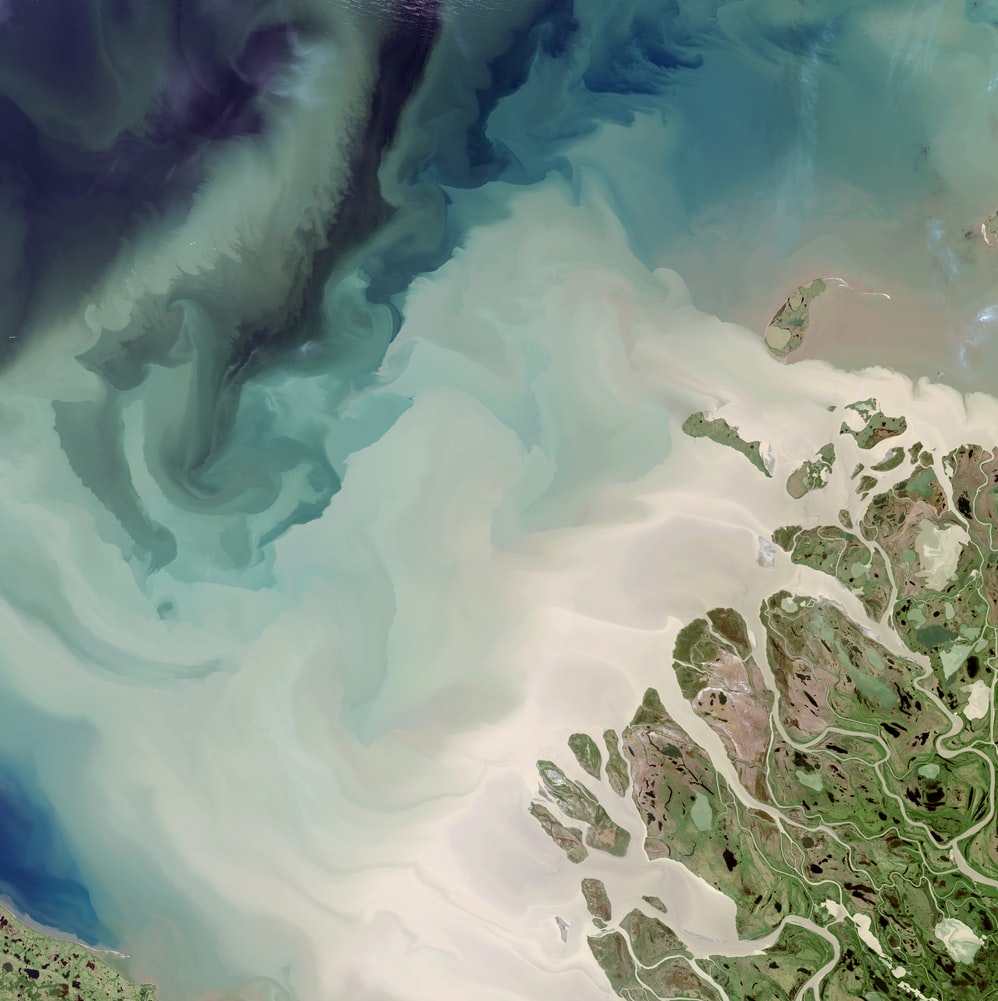
Mitigation vs Adaptation, Part 1: The Current State
There’s a lot of confusion lately about the difference between mitigation and adaptation. I think this can be be cleared up relatively easily. Mitigation means reducing the impact of climate change. Adaptation means responding to the impact of climate change. One attempts to prevent it from happening or minimize it, and the other one assumes actually that the ball has been rolling down hill and that we had better adjust to what turns out to be really pretty bad news. Interestingly enough, both sides actually are not in agreement with each other.
There are some who think that we should continue to mitigate, and that’s obvious that we should, because we can always reduce our impact, but there are others who think that any acceptance of adaptation implies giving up on mitigating climate change. I think part of the problem is that the news is awful. Like every one of the metrics actually are going very badly and quickly. Between Kyoto and Paris and most recently Poland, there is very little one can actually be optimistic about. There’s a certain kind of wishful thinking that we need to employ, we need to do it, therefore we will do it.
I think one of the reasons is that climate change has been simply reduced to measuring the impact of carbon – which is inevitable. I mean, we as human beings generate carbon and we consume the good life. Any kind of measure of the good life that we have requires carbon.
So the reduction of carbon actually cuts right across the wellbeing or the immediate wellbeing of too many people. Also the problem is that everybody in the world has to behave, for example, the way that the Norwegians are hoping to reduce their footprint. While, for example, the Chinese continues to build coal fired power plants. It is the first worldwide environmental crisis, unlike the watershed and the airsheds that we have had successes with. This one is worldwide, and so there’s a kind of disempowerment of the small group of the community.
If you want to do something about mitigating climate change, you pick up a sign and you go and have a demonstration in front of the United Nations meeting. You can basically just appeal to the politicians. The great thing about adaptation is that it’s local. There’s a kind of circling of the wagons that says, you know what? I’m going to take care of having my food supplies nearby in my food shed. I’m going to find out where my energy is coming from; whether it’s from my rooftop solar or the nearby power plant. I’m going to make sure that schooling is nearby so that if I can’t drive my kids some distance, the kids can walk. I’m going to make sure that my community is complete, and that I don’t have to actually have to go great distances to find a doctor or to find or buy the ordinary daily things that I need. So the great thing about adaptation is that it empowers the individual and the community to do something about it.
It has certain positive consequences for mitigation, for example, if everything is nearby, you would drive less, which of course reduces the carbon of tailpipe emission. If your food is nearby, it doesn’t have to be transported across the continent. Such as berries come from Chile and lettuce comes from California.
Actually the solar panels on the rooftop are necessary to bridge the Brownouts whenever electricity gets a little dicey, that is good for the environment. It also mitigates, so the argument is not what to do, it is what to lead with. Do you lead with mitigation? Let’s save the planet as a whole, or do you lead your argument with adaptation – let us see what we can do for ourselves, for our community?
I believe that within five or 10 years, and I would give a date – 2030, which is the threshold of the meeting on climate that took place in Poland. 2030, I think the news are likely to continue to be very bad, and at that point, people will be dispirited. They will lose their positive outlook and will be looking for something else. I believe that communities and those who plan communities, those of us who actually are able to create communities that are adapted to climate change, should be ready with built models that demonstrate that life can indeed be very nice.
It’s not a matter of suffering. It’s not a matter of penance. It’s not a matter of being punished, because of climate change. It is actually a more sensible way to live within your local means, within your pedestrian shed, within your energy shed, within your watershed, within your food shed. It actually makes a lot of sense and it could give rise to some very nice daily lives.
So I would urge people actually to give more credence to adaptation so that we’re ready when in fact, what I call the Pearl Harbor moment comes. You know, when somebody says, oh, oops, we have actually reached a tipping point, we’re not going to make it. Let’s now get together and do something about it.
The way this nation often comes together is when there’s a real crisis. I think we should be ready with a strategic plan, and that plan is the adaptive community.
